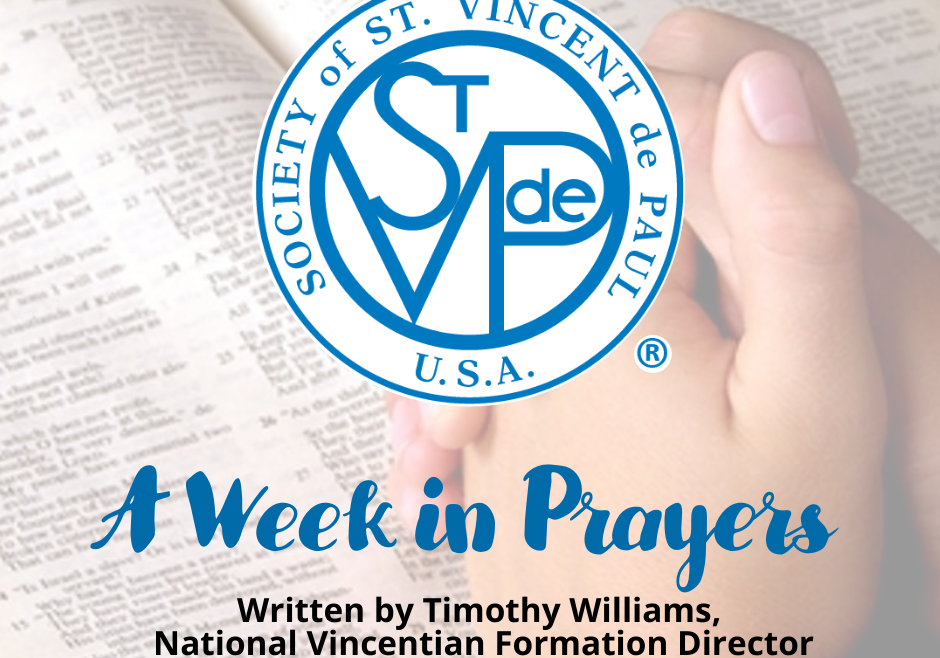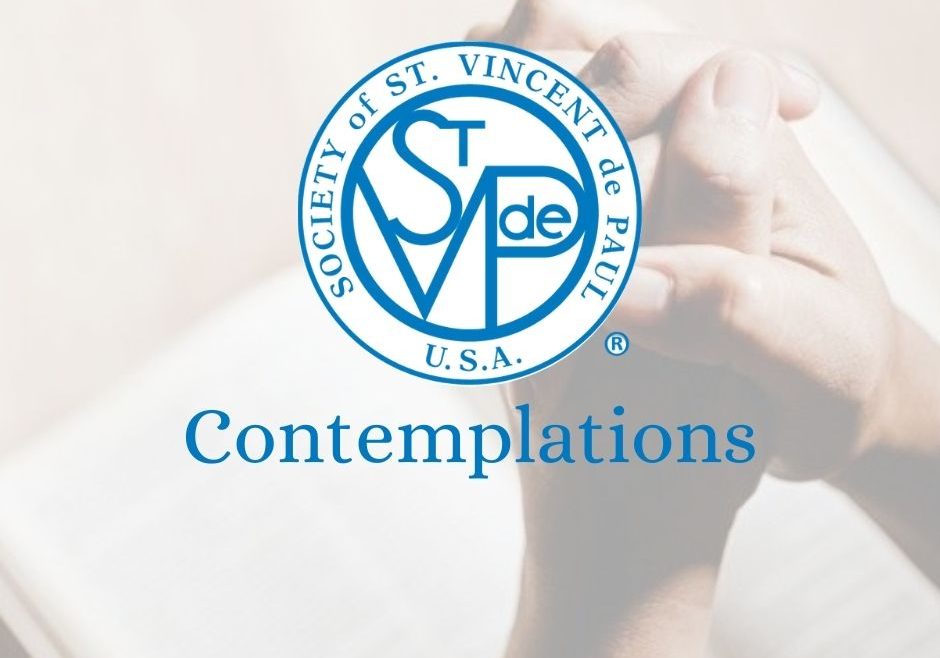July 5
You are the Lord of hope,
In my works done in Your name,
May I be a servant of faith
With heart, mind, body, and soul,
May I help build the Kingdom of love
Amen
July 6
I commend my soul to You, Lord,
May my body be a temple
Of the Holy Spirit.
I am yours in body and spirit, Lord,
Make of me what You will.
Amen
July 7
Lord help me to serve
In humility and selflessness
So that through my wordless witness
You may gather Your children
As one in Your love
Amen
July 8
Lord God Almighty,
Creator of heaven and earth,
And all who dwell here,
Hear my prayer,
Walk beside me,
Lead me home.
Amen



